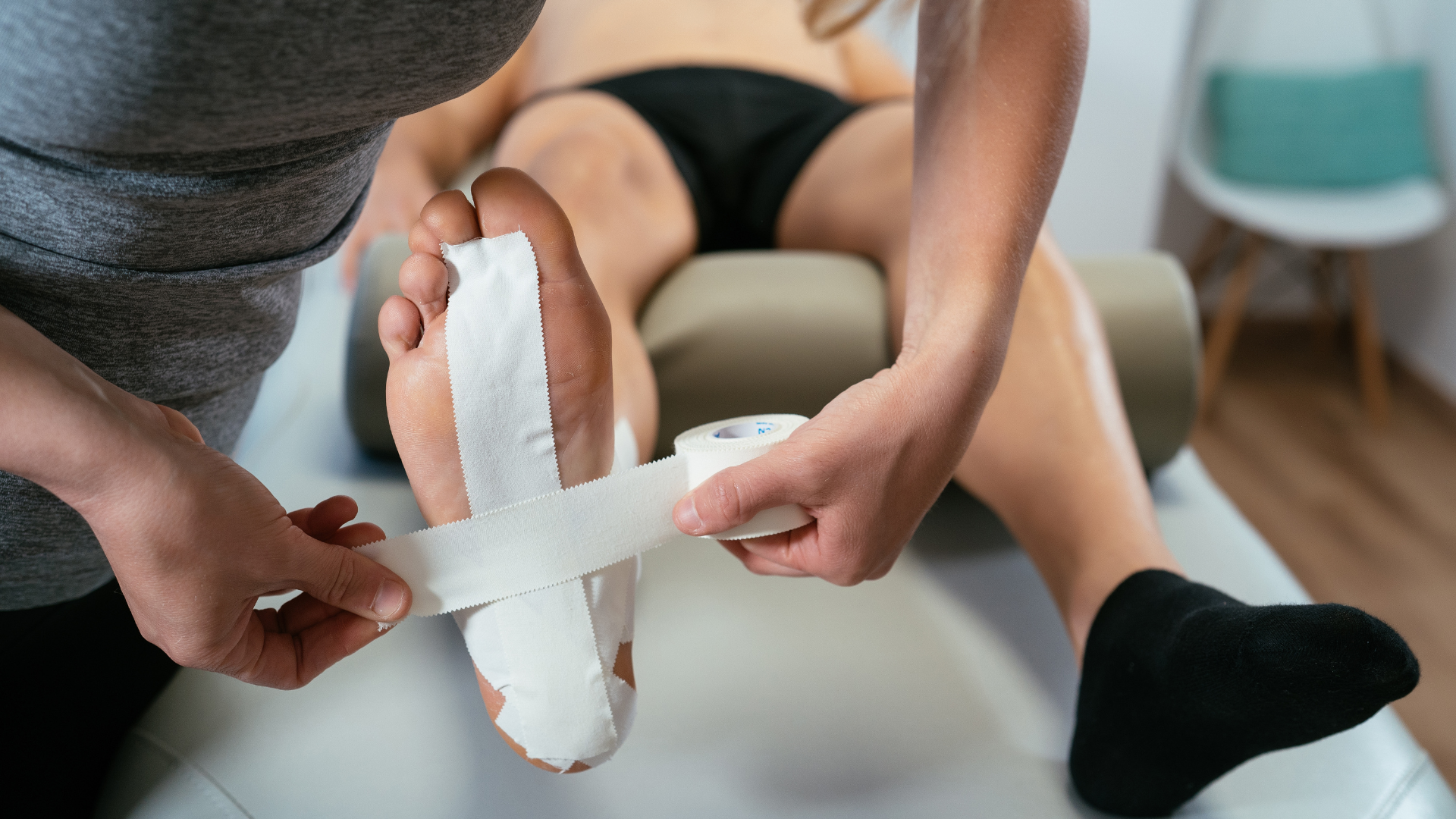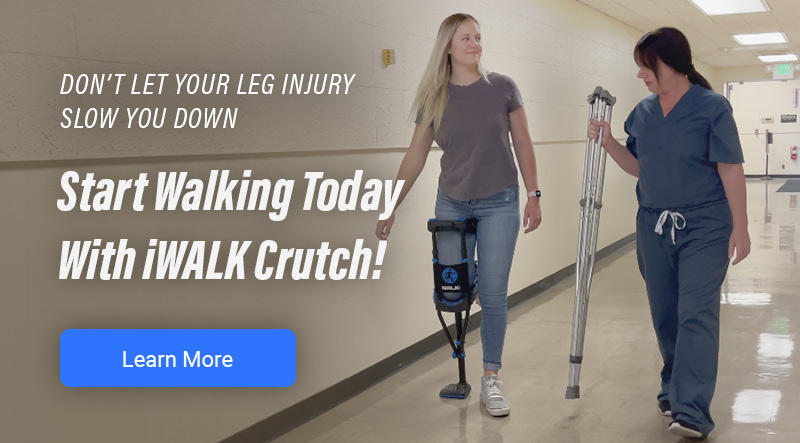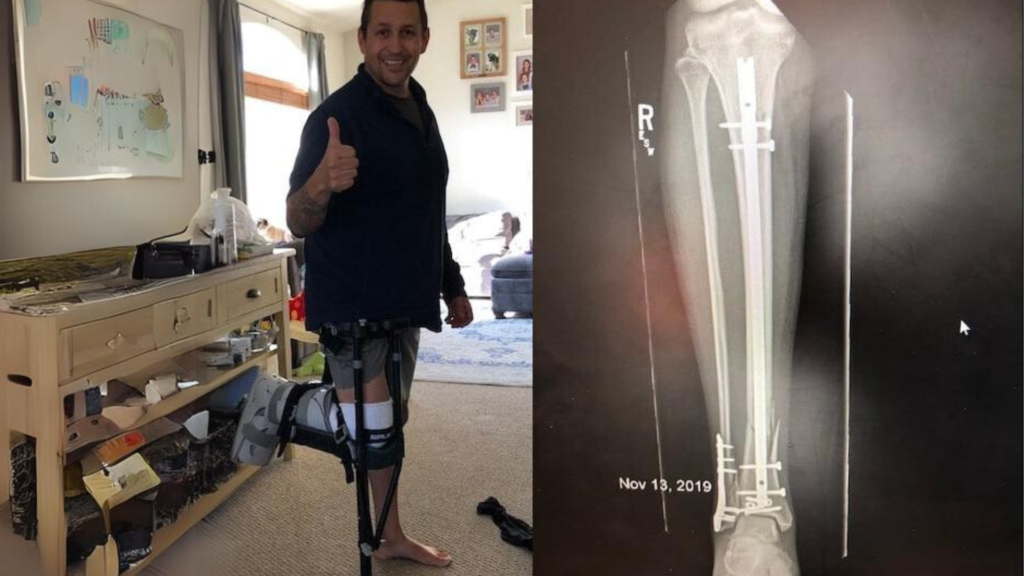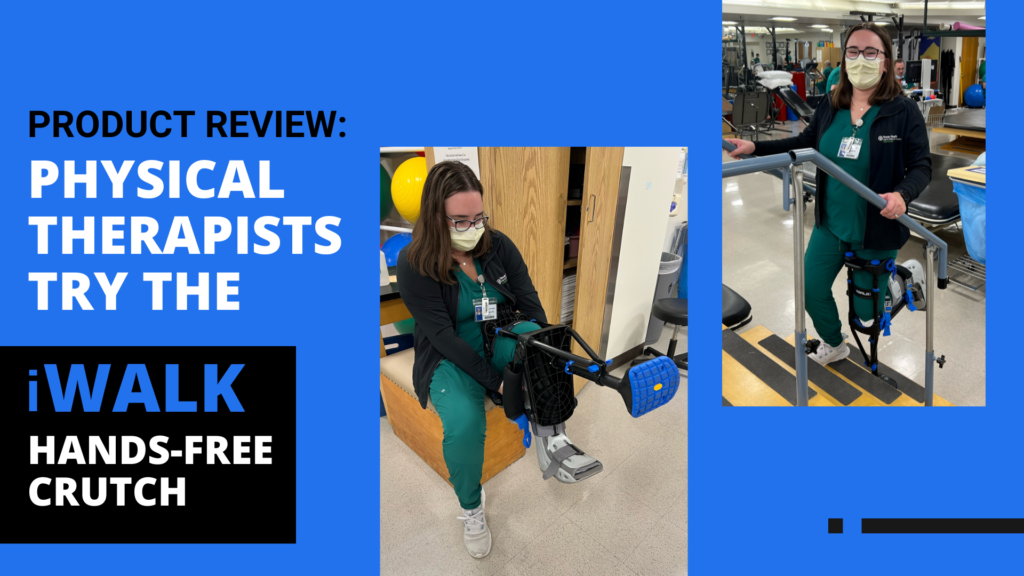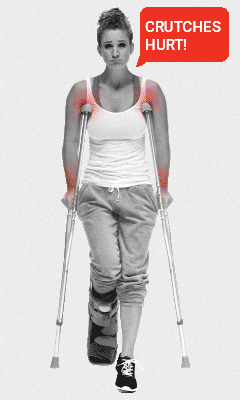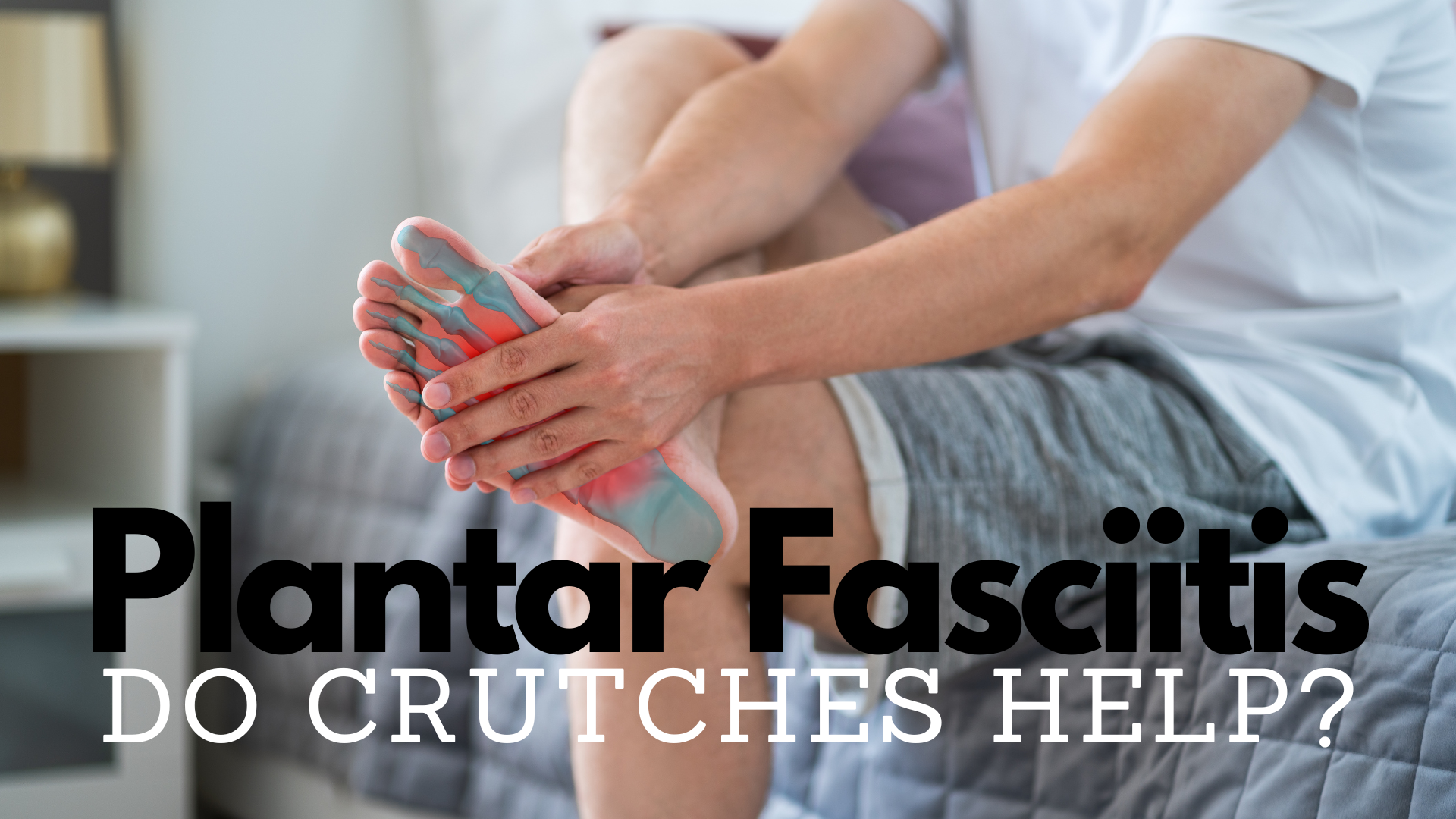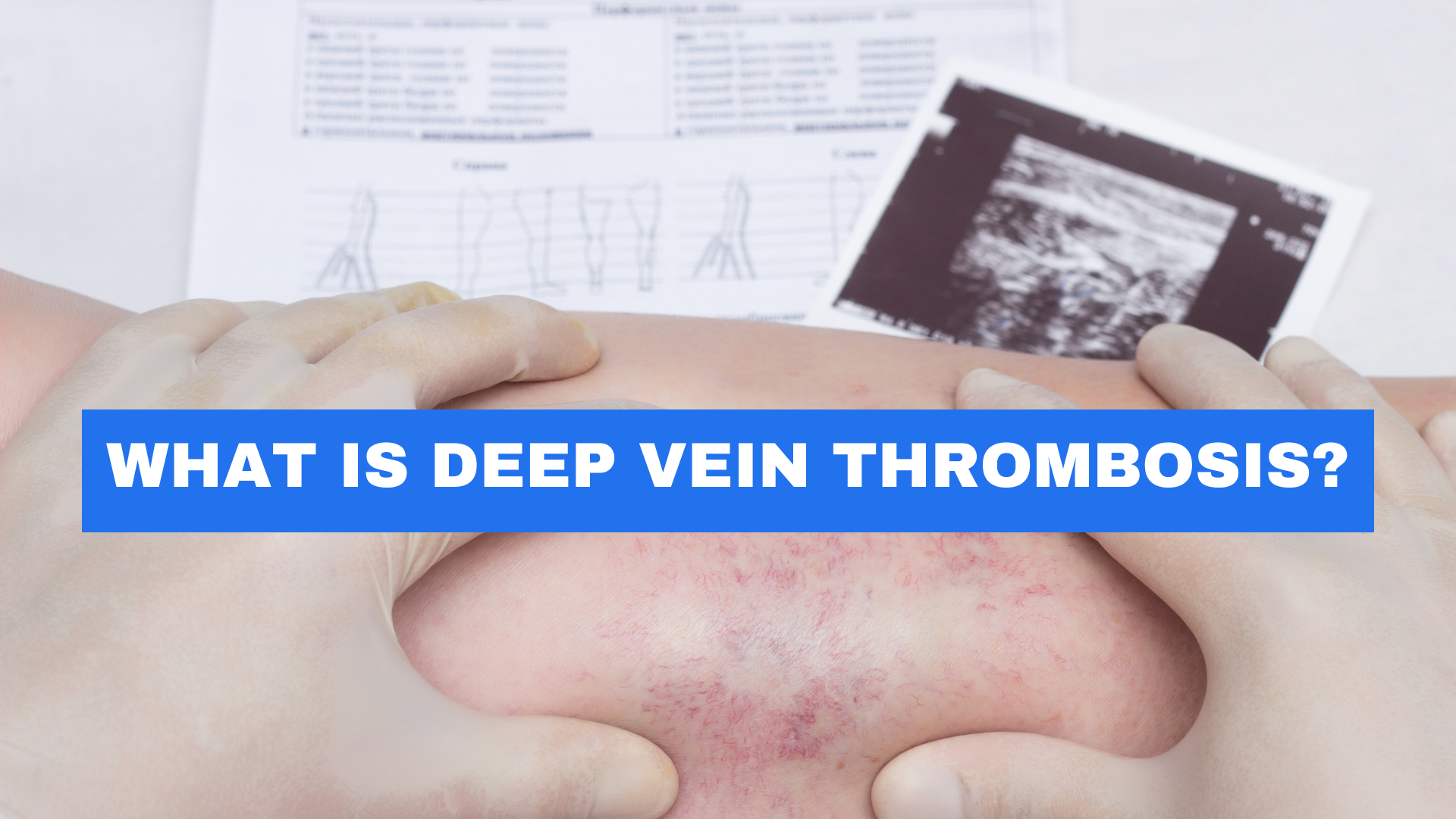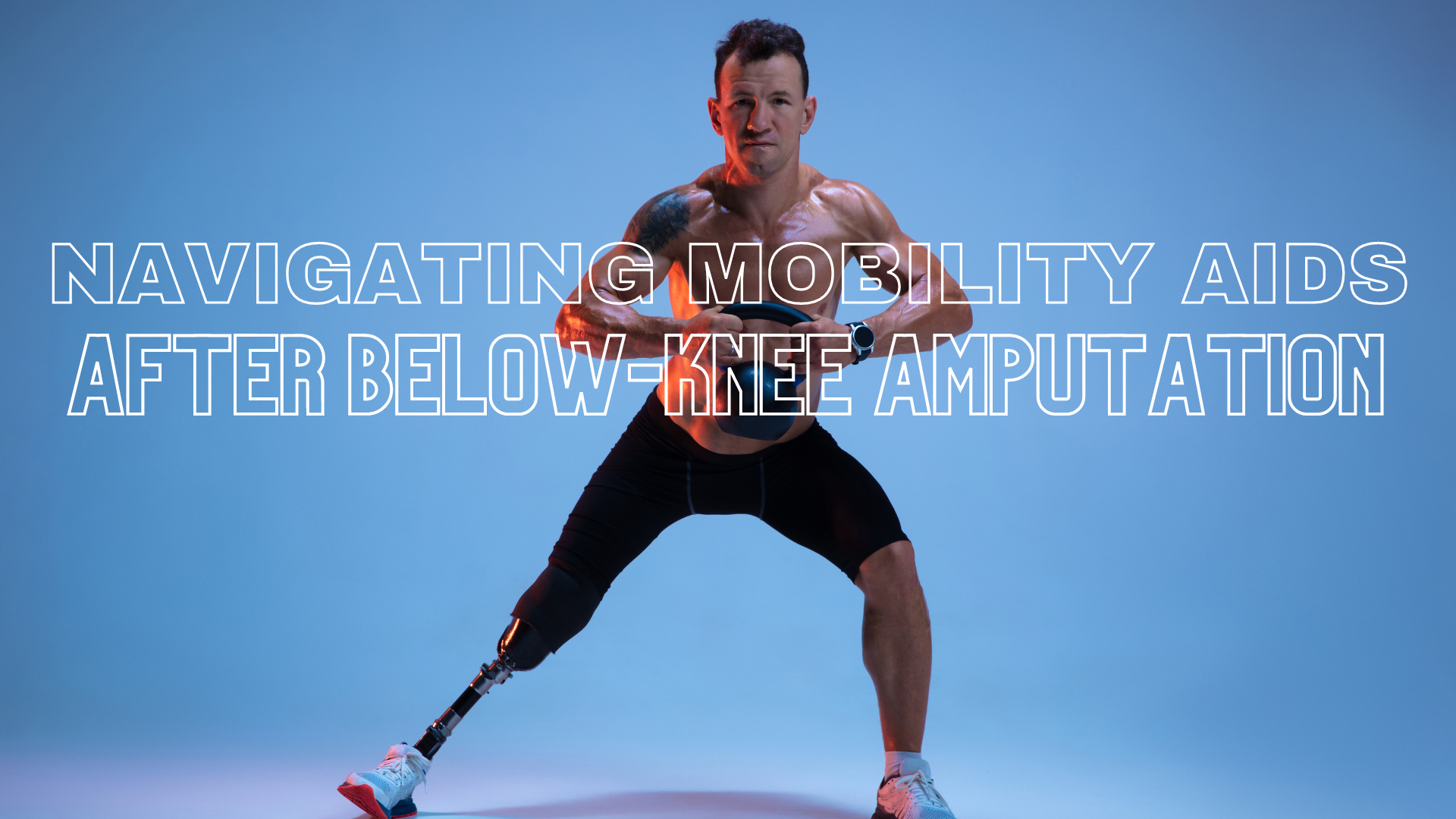iWALKFree, Inc. is thrilled to join the celebration of National Physical Therapy Month (NPTM) this October. NPTM is a dedicated month that underscores the significance of physical therapy within the realm of healthcare. Physical therapy, a vital medical service, is administered by highly trained physical therapists who specialize in aiding patients in enhancing their mobility, strength, and pain management following injuries or illnesses.
The far-reaching benefits of physical therapy extend to almost every part of the human body, making it an invaluable resource for those who have experienced injuries or illnesses. Adept physical therapists meticulously evaluate a patient’s pain levels and physical capabilities to craft a customized treatment plan, all of which can be diligently monitored. In many cases, they also recommend specific exercises that can be carried out at home while closely tracking progress and any additional requirements.
Physical therapy holds the promise of reducing or even eliminating pain, offering vital relief for individuals grappling with various health conditions. Patients undergoing physical therapy frequently witness significant improvements in their strength and flexibility, enabling a more active and gratifying way of life. Moreover, physical therapy empowers individuals to maintain their independence, fostering confidence and ease in performing daily activities. In essence, the ultimate objective of physical therapy is to elevate the overall quality of life for patients, granting them the opportunity to lead healthier, happier lives.
One revolutionary tool that has become integral to the rehabilitation process is the iWALK Hands-Free Crutch, designed to help patients with lower-leg injuries regain their mobility and independence. This innovative device has been a game-changer in the field of physical therapy, and its applications are manifold in aiding patients on their journey to recovery. Physical therapists, in their commitment to improving the lives of their patients, have embraced the iWALK as an essential component of lower-leg injury recovery. Here are some of the ways physical therapists have harnessed the benefits of the iWALK to aid their patients:
- Enhanced Mobility: The iWALK Hands-Free Crutch allows patients to maintain a nearly natural walking gait, promoting improved mobility and confidence in their day-to-day activities. Physical therapists can guide patients in its proper use, ensuring they move as comfortably and naturally as possible.
- Reduced Strain and Pain: Traditional crutches can often lead to strain and discomfort in the upper body. With the iWALK Hands-Free Crutch, patients can distribute their weight between their un-injured lower leg and the iWALK, reducing the strain on their upper body, which is especially beneficial for patients with lower-leg injuries. Physical therapists can oversee and optimize the use of this device to minimize discomfort.
- Faster Recovery: The iWALK Hands-Free Crutch enables patients to remain active and engaged in physical therapy exercises, promoting more blood flow, thereby facilitating a speedier recovery process. Physical therapists can incorporate this innovative tool into the rehabilitation regimen to expedite the healing of lower-leg injuries.
- Maintaining Independence: One of the key advantages of the iWALK Hands-Free Crutch is that it empowers patients to maintain their independence. They can perform everyday tasks without assistance, and physical therapists can guide them in adapting to their usual routines while using the crutch.
We appreciate all of the physical therapist who impact patients’ recovery every day. We also, thank the physical therapists who continue to the recommend the iWALK to their patients every day. This observance serves as a powerful platform to spotlight the pivotal role of physical therapy in bolstering physical activity and enhancing the quality of life. For more information on National Physical Therapy Month and the critical role of physical therapy, visit www.apta.org.

